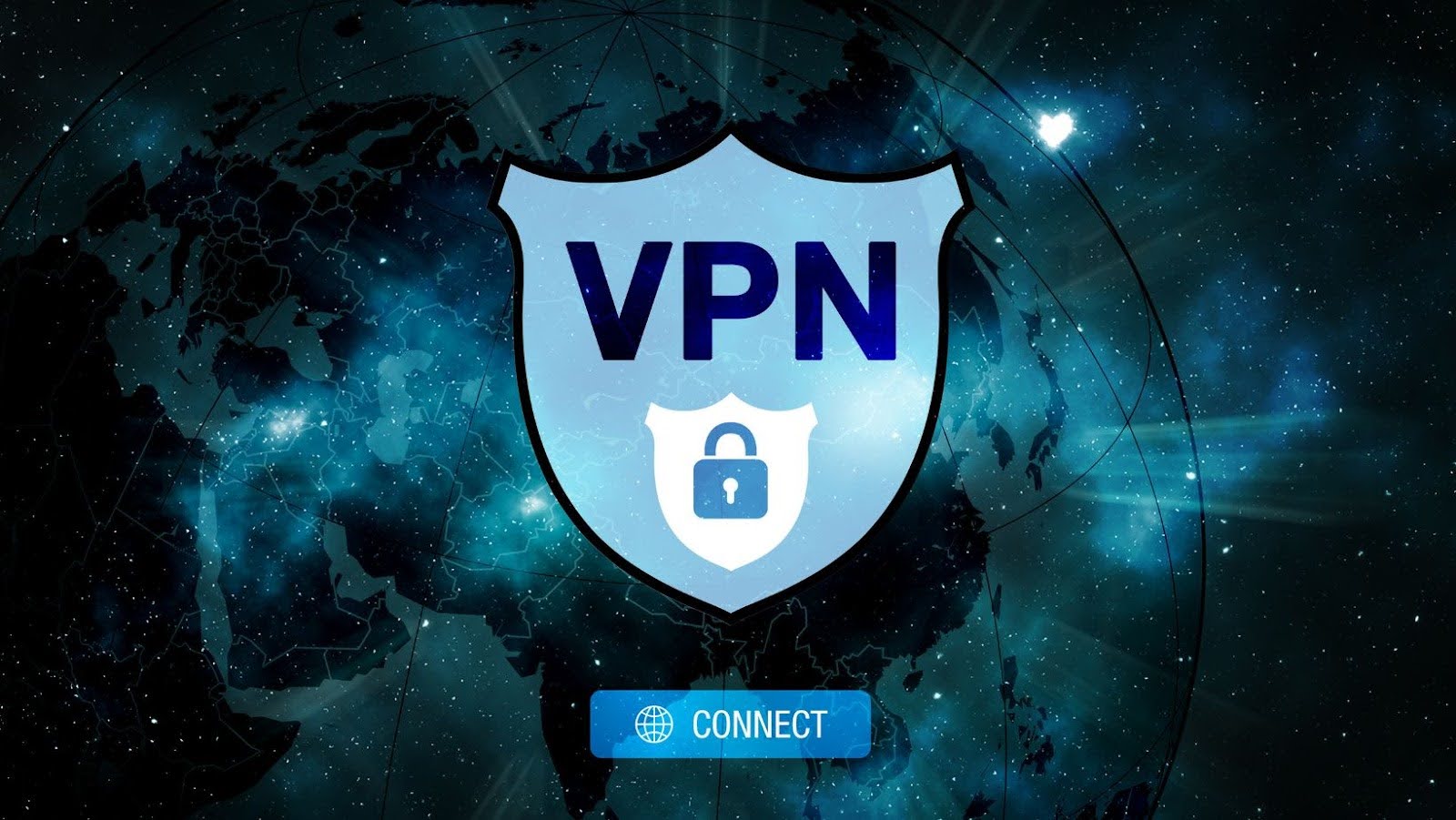
In today’s digital age, it’s crucial to keep your personal information secure, especially when you’re on the move. Your phone, a treasure trove of personal data, can be a prime target for cyber threats. That’s where a VPN, or Virtual Private Network, comes in.
A VPN is more than just a privacy tool, it’s your personal shield in the vast world of the internet. From protecting your data to accessing geo-restricted content, a VPN can do wonders for your phone.
In this article, we’ll dive into the details of how a VPN works, what it does for your phone, and why it’s an essential tool in your digital kit. So, let’s get started and unravel the mystery of VPNs together.
Understanding VPNs and Their Functions
Diving deeper into the world of Virtual Private Networks (VPNs), these fascinating digital armor pieces, primarily designed to safeguard personal information, stand as a crucial tool for tech users worldwide.
How Do VPNs Work?
To comprehend the functioning of a Tuxler VPN, imagine these networks as undercover routes amid the chaos of the world wide web. Upon activating a VPN, the phone connects with the VPN’s server. The crucial part here — every bit of data transmitted during this connection is encrypted. Consider encryption as a protection wall, shielding the data from prying elements online. In instances like making online payments, where sensitive information is exchanged, VPNs ensure absolute safety.
Why You Should Use a VPN on a Phone
A majority of us are attached to our phones, with these compact devices having access to a myriad of our personal and professional details. From banking transactions to personal photos, the data is vast and incredibly sensitive. Here, a VPN takes on the role of a protection shield, safeguarding intimate details from possible cyber threats.
Another big plus — circumventing geographic restrictions. Suppose you’ve been eager to catch a series only available on Canadian Netflix. With a VPN, you can virtually transport your phone to Canada, granting you access to previously unreachable content.
Incorporating a VPN in our phone usage routine becomes a smart move in our digital playground. Traversely, not using one leaves the gate open for potential cybercrimes. Privacy infiltration showing the most common, it’s an alarming reminder to secure our digital assets.
Major Benefits of Using a VPN on Your Phone
To further elucidate, let’s delve into some major benefits of employing a VPN on your phone.
Enhanced Privacy
Acting as privacy advocates, VPNs mask pertinent information such as your IP address and location. This obfuscation not only hides your digital footprints, but also puts a barrier between you and prying eyes. For example, when you’re publically browsing on your mobile, acknowledging this vital benefit can keep your personal emails, search history, and even conversations private. It’s especially beneficial if you’re accessing the internet in public spaces, since public Wi-Fi networks aren’t generally secure and could expose your personal details to others.
High-Level Security
Besides upholding privacy, VPNs offer top-tier security. They create an encrypted tunnel for data transmission, maintaining the confidentiality of the data sent and received on your phone. This strategy prevents cyber criminals from intercepting your sensitive information—be it your banking details, passwords, or private messages. Even when using a shared or public network, the hard-to-crack encryption fortifies your data, shielding you from malicious hackers ultimately.
Unrestricted Internet Access
Conclusively, VPNs free you from geographical content constraints. Maybe you’ve found yourself abroad, craving for your favorite Netflix series not available in your current geographic region.

If that’s the case, VPNs can give you an IP address from your home country, allowing you to access local content unrestrictedly. It can also help to bypass censorship in countries where certain websites are blocked, granting you the liberty to use the internet with absolute freedom.
Common Scenarios Where VPNs Are Crucial
The usage of VPNs on phones proves instrumental in certain scenarios. In these instances, having a VPN shields your confidential information while letting you unlock digital boundaries.
Public Wi-Fi Use
Public Wi-Fi networks don’t offer the luxury of secured connections. They can become a hunting ground for cybercriminals looking to exploit insecure connections for unauthorised data access.
Let’s consider a coffee shop with public Wi-Fi, for example. A VPN on your phone can act as your personal bodyguard, encrypting your online activities. So even if a hacker tries to intercept your connection, they’ll only see scrambled information. This encryption ensures that your emails, banking details, and personal messages remain confidential.
Geolocation-Based Apps
Apps with geolocation features, such as maps or ride-hail services, benefit tremendously from location data. However, these details can be weaponized in the wrong hands, leading to potential privacy infringements.
For instance, if you’re using a location-based service like Uber, your pick-up and drop-off points remain logged in the app’s servers. If this information falls into the wrong hands, it could expose your routines and locations, compromising your safety and privacy.
With a VPN, your actual location gets masked, protecting your personal details. This effectively allows you to use such applications without jeopardizing your safety or privacy.
Choosing the Right VPN for Your Phone
In light of VPNs’ pivotal role in securing phone data, it’s essential to select the right one. Two primary elements to consider are compatibility and cost, along with the associated features.
Understanding Compatibility
Compatibility is a critical aspect to examine when choosing a VPN for a phone. This refers to whether a VPN can run smoothly on the operating system of a given phone.

For example, VPN services like NordVPN, ExpressVPN, and CyberGhost all offer apps compatible with both Android and iOS platforms. Numerous VPNs often update their compatibility as new phone models and systems emerge, and it’s necessary to verify this before purchasing a VPN subscription. As part of this process, examining user reviews and referring to authoritative sources like TechRadar or CNET can provide insight into a VPN’s functionality and compatibility with different phone systems.
Considering Cost and Features
A comparison of cost versus features plays a significant role in finalizing a VPN. A simple rule of thumb applies here: higher-priced VPNs often come with a more robust set of features. For instance, ExpressVPN charges around $12.95 per month but provides 3,000+ servers across 94 countries, top-tier encryption, and a proven no-logs policy.
However, more affordable options like CyberGhost, which costs approximately $2.75 a month for a three-year plan, still offer reliable security features and access to servers in 90 countries. It’s about finding the best value VPN that strikes the right balance between cost and features. To aid this process, resources like VPNCompare and Trustpilot offer comprehensive comparisons and user reviews on various VPN services.








